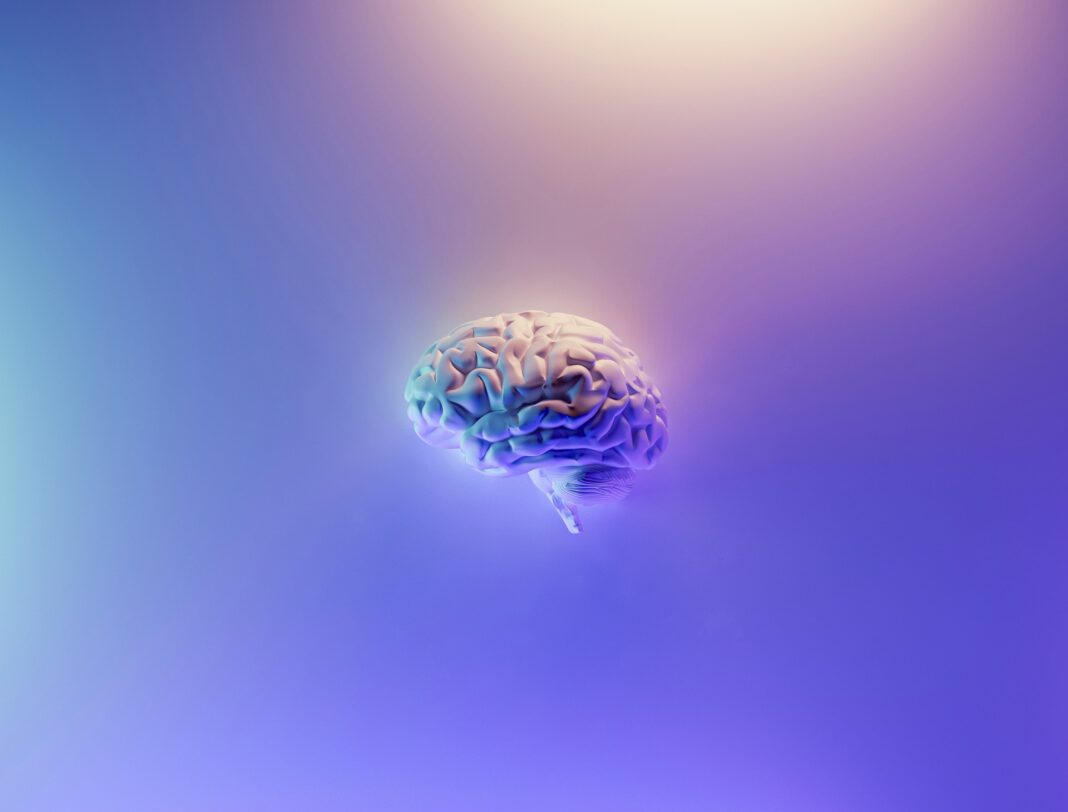If you’ve been on social media anytime in the past few years, you are likely familiar with the concept of a “digital detox”.
According to Brown Health, a digital detox refers to a set period of time for an individual to stay away from social media and their devices, whether it be smartphones, computers, tablets, or television.
But why do so many people feel the need to unplug? And what does science say about the benefits of stepping away from screens? In this article, I’ll be delving into these questions through a scientific lens.
The Impact of Digital Overload on the Brain
Though it may seem like scrolling on Instagram or Tiktok a few times a day is harmless, constant exposure to digital content can overstimulate the brain’s reward system.
The brain’s reward system relies heavily on dopamine, a neurotransmitter that’s responsible for giving you feelings of pleasure, satisfaction and motivation.
When you engage with digital content, whether it’s getting likes on a post, watching a funny video, or reading a stimulating article, your brain releases dopamine, reinforcing the behaviour and encouraging you to keep scrolling.
The problem with this is that social media platforms are designed to maximize this effect, as the algorithm pushes users content that will continue triggering dopamine release and likely trap the user in a seemingly endless cycle of doomscrolling.
Over time, this overstimulation can lead to dopamine desensitization, meaning that the brain requires more and more stimulation to experience the same level of pleasure. This can make everyday activities that once felt enjoyable, such as reading, exercising, or even spending time with friends, seem less rewarding in comparison to the instant gratification of digital content.
Clearly, this is a problem, as it proves that constant social media usage really can have a negative impact on one’s life.
How a Digital Detox Affects Mental Health
This is where a digital detox comes in.
Taking a break from digital devices temporarily lowers the amount of dopamine released in the brain. Without instant dopamine surges, individuals can begin to find joy in offline activities again, albeit they may initially seem to be more boring and mundane than social media.
Beyond this, limiting the time spent on social media can also help individuals feel better about themselves, as many studies have shown that limiting screen time can decrease anxiety, stress, and symptoms of depression.
In short, this is why a digital detox can be powerful. By intentionally stepping away from screens, even for a short period, we give our brains a chance to reset, regain focus, and rediscover joy in offline activities. While the transition may feel difficult at first, distancing ourselves from our devices can bring us closer to finding joy in more meaningful aspects of life, and the science backs it up.

